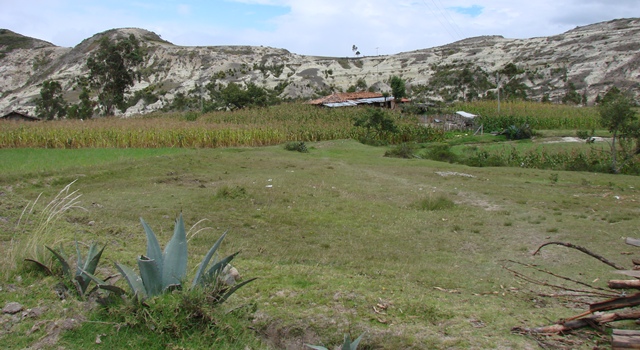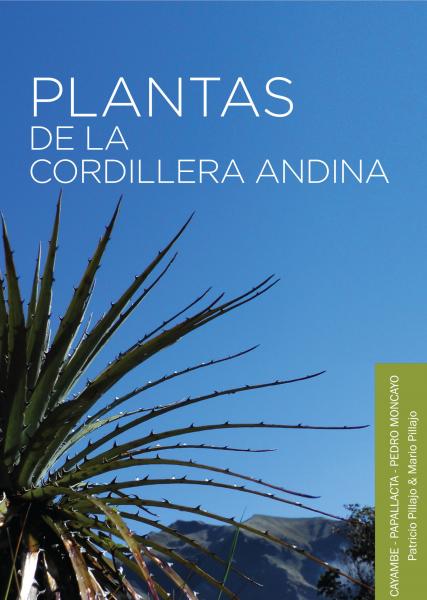Background:Nearly half of the communities in the Pichincha Province of Ecuador are affected by chronic malnutrition. Many small-scale farmers cannot feed their families adequately, as they have little or no access to capital, markets, or effective farming techniques and infrastructure. In the Olmedo community, for example, 90 percent of residents live below the poverty line and 40 percent are malnourished. At the same time, increasing population levels and the corresponding need for land have forced people to overexploit forests and to plant their crops on soil with high erosion rates. Poverty forces people to occupy unsafe areas most prone to natural disasters and increased population density is leaving more people exposed to reductions in water flows, decreased crop yields and ongoing environmental damage. Other factors contributing to vulnerability include lack of awareness of climate-related threats, the construction of homes on fragile land, and the inadequate quality of infrastructure and construction materials.
Learn more
- Article on Ecoticias (July 7, 2017): Proyecto de adaptación al cambio climático recibe reconocimiento por su labor en el cantón Nabón
- In the news: “Community Action for Food Security and Resilience” in Landscapes for People, Food & Nature blog
- Publication from the project: “Plantas de la Cordillera Andina” (Plants of the Andes) – published by WFP, June 2014
- Telesur: Ecuadoreans Tackle Effects of Climate Change, November 2015
| Project Component 1: Develop awareness, knowledge and capacity at the community level on climate change and food insecurity related risks | USD 1,405,000 |
| Project Component 2: Increase adaptive capacity and reduce recurrent risks of climate variability at the community level | USD 4,924,200 |
| Project/Programme Execution Cost | USD 632,920 |
| Total Project/Programme Cost (=Project Components + Execution Cost) | USD 6,962,120 |
| Implementing Fee | USD 487,348 |
| Grant Amount (=Total Project/Programme Cost + Implementing Fee) | USD 7,449,468 |
Project Documents
| Attachment | Type | Size |
|---|---|---|
| Project document | 4 MB | |
| Inception Report | 770 KB | |
| Mid-term evaluation report | 2 MB | |
| Project completion report | 1 MB | |
| Final evaluation report | 4 MB | |
| PPR1 (for web) | XLS | 297 KB |
| PPR2 (for web) | XLS | 125 KB |
| PPR3 (for web) | XLSX | 270 KB |
| PPR4 (for web) | XLSX | 216 KB |
| PPR5 (for web) | XLSX | 287 KB |
| PPR6 (for web) | XLSX | 404 KB |
| Other project order | 32 KB | |
| Other project order | 366 KB |



